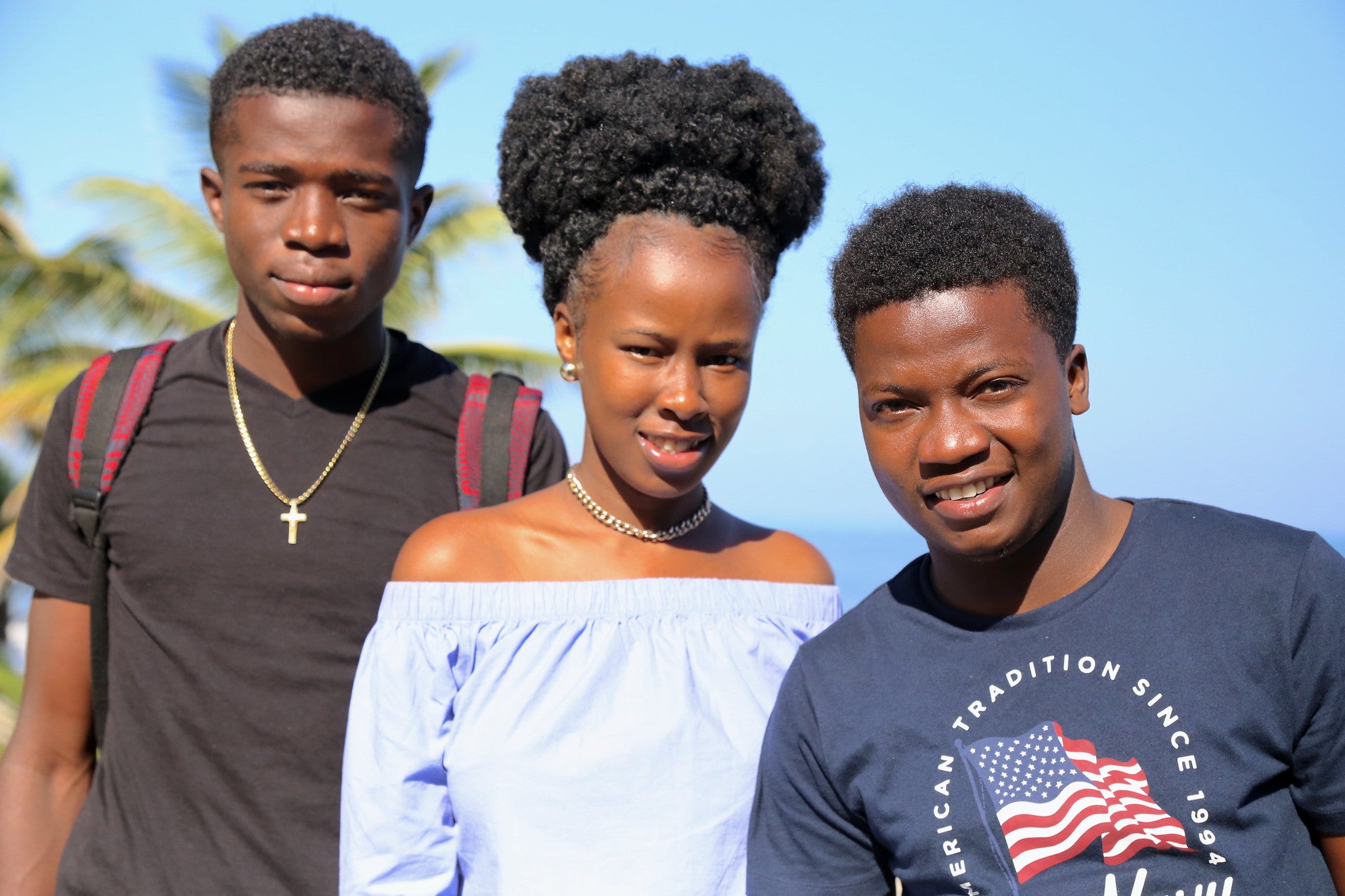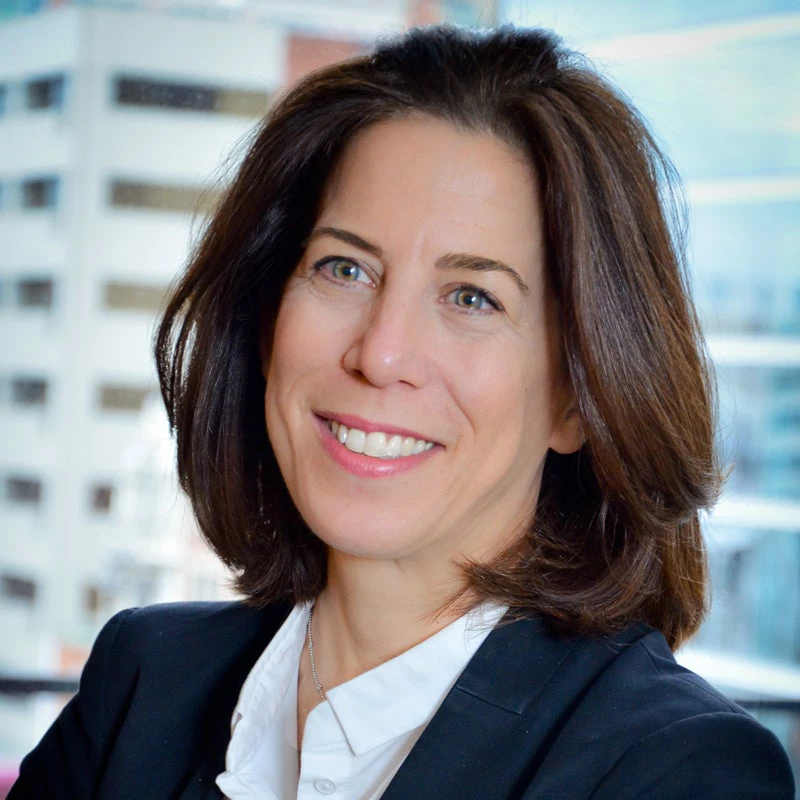A few days ago, we kick-started the webinar series “Taking Action” in Latin America, aimed at giving voice to historically excluded groups to express their views and aspirations of development in the face of the COVID-19 emergency. The series echoes ongoing dialogue within the World Bank on the pervasive effects of racism and discrimination in our work, in our communities, and in our homes, sparked by the lamentable events of the last weeks in the U.S. Recent events also moved us to create space to further reflect on Latin America’s urgent need to listen to its own voices calling for equality and social justice, while acknowledging the differences between the two cases.
We started the series with a focus on Afro-Latin Americans, the largest and least visible minority of the region. A study we launched in 2018 shows that one in four Latin Americans identify themselves as Afro-descendants, yet they comprise about half of those living in extreme poverty—they are in fact 2.5 times more likely to be chronically poor. They are also twice as likely to live in slums and have the highest rates of unemployment and underemployment. The violence that has ravaged the region for decades also affects them more strongly—three in four homicide victims in Brazil are young, male Afro-descendants.
As in the U.S., COVID-19 has not been color-blind in Latin America, where many regions with historically high concentration of Afro-descendants, such as the Pacific coast of Ecuador and northern Brazil, are bearing the brunt of the crisis . We don’t know the extent of the situation, as no country disaggregates epidemiological data along ethno-racial lines. We do know that Afro-descendants have many of the preconditions that make them more vulnerable to the virus—high prevalence of diabetes and cardiovascular disease, obesity - added to poor access to health care.
Afro-descendants are not passive observers of this emergency. At the webinar we heard from three preeminent Afro-Latino leaders about how their communities have quickly organized to provide services unmet by overwhelmed health systems and financially overstretched governments.
Garifuna communities of Honduras have implemented their own systems of health monitoring and control, and quickly mobilized to support the most vulnerable among them. In Colombia, the historically influential Afro-Colombian leadership has set up a multisectoral roundtable, where different levels of government and community leaders hold weekly meetings to monitor and take action on the evolution of the pandemic in Afro-descendant municipalities and territories. In Argentina, the Human Rights Secretariat has partnered with the Bank and UNCHR to provide food and shelter support to African and Haitian migrants, who are among the most vulnerable communities to the impacts of Argentina’s lengthy and strict lockdown.
The Afro-descendant leaders left us with ideas on how the World Bank can help Take Action:
- work with governments to close critical gaps in education, employment, new technologies and crime and violence, among others, as laid out in report Afro-descendants in Latin America: toward a framework of inclusion.
- follow up on the commitments of the International Decade of Afro-descendants, which risk being further neglected in the context of COVID-19.
- establish clear indicators of progress in areas where the World Bank is active, such as education and social protection.
- support the proposal for a Declaration of the Rights of People of African Descent, a symbolic but important step to call on States to take concrete actions to recognize and promote the collective rights of Afro-descendants, including their right to exercise their identities without fear of racism and discrimination, to collectively own their territories, to participation, and to determine the conditions and characteristics of their ways of life, among others.
“We will need to ask in every project what we are doing to close the gaps anchoring so many Afro-descendants to chronic poverty,” commented Seynabou Sakho, World Bank Country Director for Central America. We need to engage our clients and set higher standards to reach historically excluded communities, which implies changes in the way we behave, talk, and design our projects.
“Support to the vulnerable communities of the Latin America and Caribe region, and the Afro-descendent population in particular, has been a part of our work for many years. But this moment is different. We have to take the dialogue, the analysis, the awareness-building to another level. We need to change policies, mobilize resources and operationalize our good intent,” said Jordan Schwartz, World Bank Country Director for Argentina, Paraguay and Uruguay.
One powerful message stuck with us, as we closed the webinar, and summarizes the urgency of Taking Action: “The development of our communities is the development of our countries.”
Latin America will no doubt rebuild from the COVID-19 pandemic, but this is an opportunity to build back more just and resilient societies . This goal will depend, to a very large degree, on the inclusion of the Afro-Latinos as protagonists in the recovery.





Join the Conversation